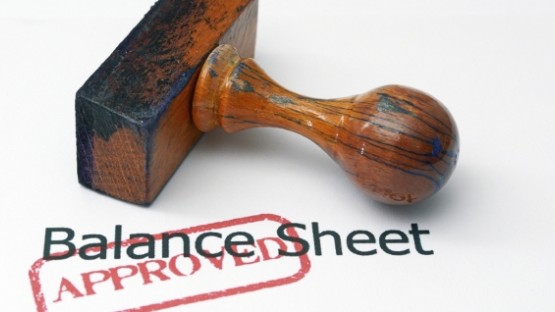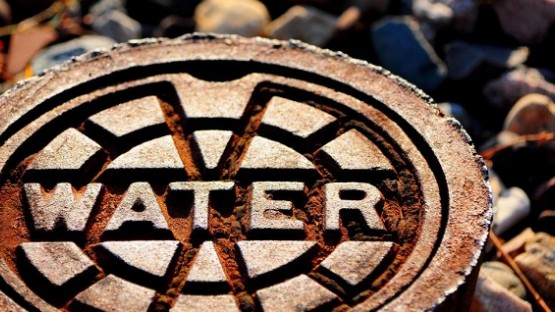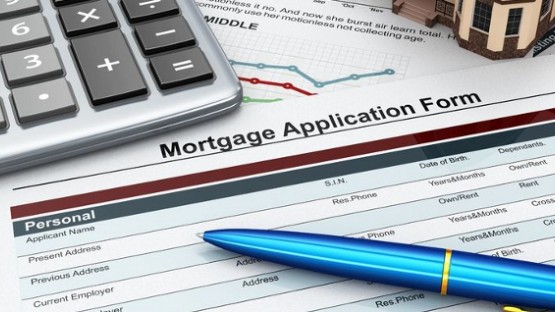
Looking for info on expat finance?
An Introduction to International Banking

Offshore or Local Banking?
One choice to make when it comes to international banking is whether you want to open an offshore bank account or a local bank account, or both. Offshore banking can give you easy access to your financial savings, but please keep in mind that these accounts may be inaccessible for some expats, as such banks often require you to make a high initial deposit and/or maintain a high minimum balance. You can find more on this topic in our Offshore Banking for Expats article.
The advantages of local banking include having somewhere for your salary to be deposited and being able to avoid the exorbitant ATM fees that are sometimes charged when you use a foreign card to withdraw money. Also, in some countries you’ll save money if you can use a local debit card when shopping online.
Your Account Back Home
No matter what type of banking you decide is best for you, you will most likely also need to keep an account open in your home country. This makes sense if you are planning on returning to your home country at the end of your international assignment or still own property there. This account can be used to pay any expenses you still need to cover back home, such as mortgage payments or other outstanding loans.
Especially if you are living in a country which is politically or economically unstable, it is a wise decision to keep most of your wealth outside of this country, in accounts offshore and/or in your home country. You may even wish to transfer a portion of your earnings out of the country on a regular basis.
It is also important to not have all of your savings in an account in your host country in case you fall victim to a scam or fraud during your time abroad. You will be happy for your investment in international banking if such a situation should arise.
Your Immediate Financial Needs
When you first move abroad, you may have to jump some bureaucratic hurdles before you can open a local bank account. Therefore, it is important that you plan ahead where your banking needs are concerned, so that you have easy access to your money for the first few days, weeks or months. The easiest way to do this will probably be to make withdrawals from an ATM in your new hometown.
Before your departure, you should do your research to make sure you can use your ATM, debit or credit card to withdraw money in your host country. What kind of banking fees will this entail? Often, using a foreign card will mean you will be charged fees on both ends. If the fees will be unreasonably high, you may want to consider obtaining a card with lower associated fees before your move. In some cases, you may even want to consider opening a new bank account in your home country.
Preparation Is Key
If you decide to open a new bank account prior to your departure, you should consider doing this with a global bank which offers services in your host country. Large international banks may even be able to help you open up a new account before or shortly after your move.
Another important piece of information to know before you leave is what your withdrawal limit is. Will you have access to sufficient funds for the beginning of your international assignment?
If you prefer, you can also bring cash or traveler’s checks with you and transfer the money upon arrival. Please be aware, however, that traveling with large amounts of cash can be dangerous, and if the amount of money is very high, you may experience difficulties going through customs.





















